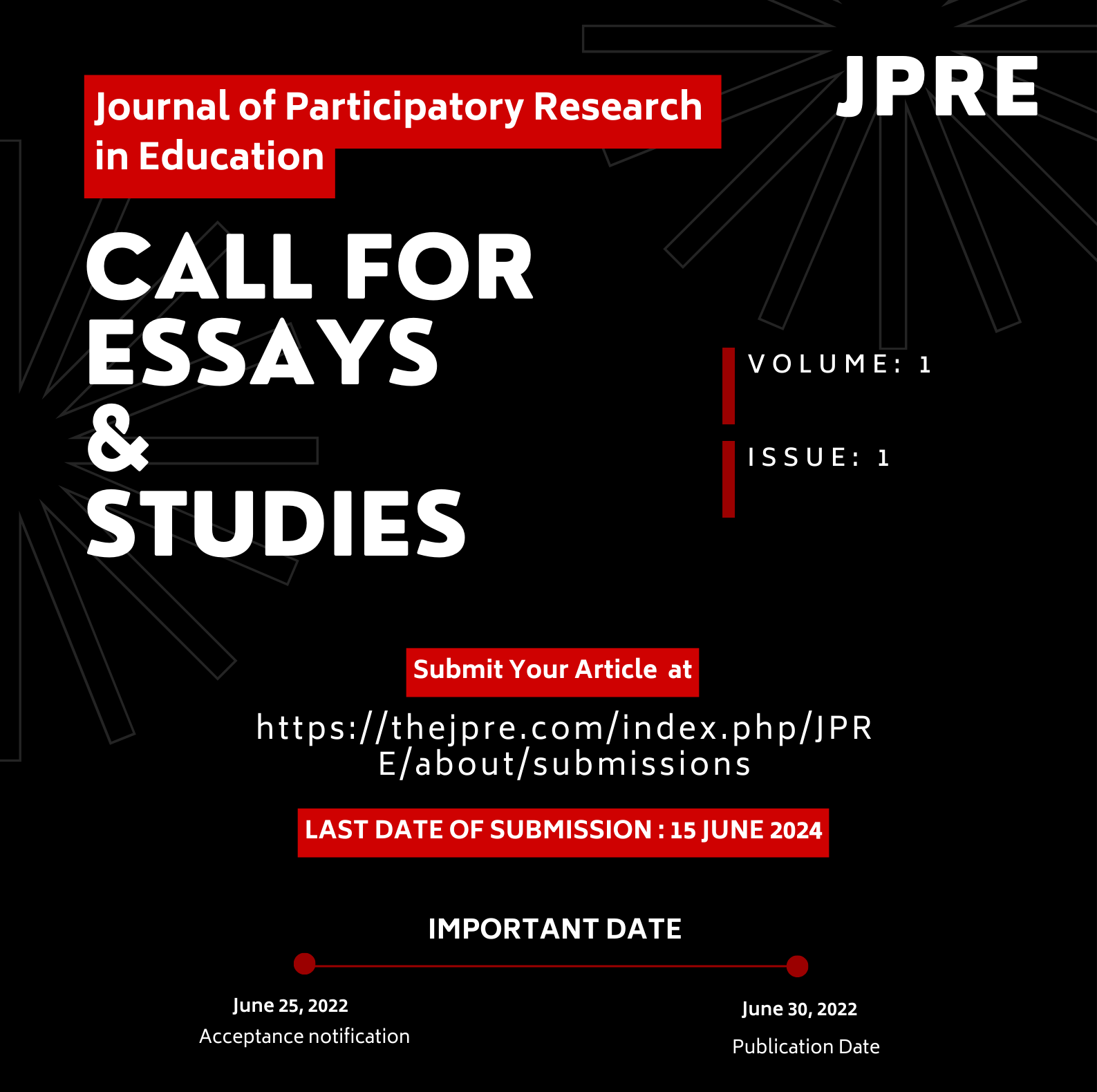Publication Ethics
Duties and Responsibilities of Publishers
-JPRE is committed to ensuring that editorial decisions on manuscript submissions are final.
- JPRE promises to ensure that the decision on manuscript submissions is only made based on professional judgment and will not be affected by any commercial interests.
- JPRE is committed to maintaining the integrity of academic and research records.
- JPRE always checks for plagiarism and fraudulent data issues involving submitted manuscripts.
- JPRE is always willing to publish corrections, clarifications, and retractions involving its publications as and when needed.
Duties and Responsibilities of Editors
- Editors of the journal should possess the full authority to reject or accept a manuscript.
- Manuscripts under review or until publication should be kept confidential by the editors.
- Reviewer anonymity should be maintained by the editors.
- Editors should disclose and avoid any potential conflicts of interest.
- Academic integrity should be upheld by editors to serve the needs of readers and authors.
- Editors should thoroughly investigate plagiarism and fraudulent data issues and be willing to publish corrections, clarifications, retractions, and apologies as necessary.
- Editors should confine themselves to the intellectual content.
- Information about submitted manuscripts should only be disclosed to appropriate parties: corresponding authors, reviewers, potential reviewers, other editorial advisers, and the publisher.
- Unpublished materials revealed in a submitted paper should not be used for personal research purposes by editors or members of the editorial board without the author's explicit written consent.
Duties and Responsibilities of Authors
- Manuscripts must be submitted only in English and should adhere to proper grammar and terminology.
- Manuscripts must be submitted with the understanding that they have not been previously published elsewhere and are not under consideration by any other journal.
- The corresponding author submitting the manuscript is responsible for ensuring approval from all coauthors for publication.
- Submission of a manuscript implies consent for editing to enhance readability.
- Authors must promptly notify the journal editor or publisher of significant errors in their published work for retraction or correction.
- Submitted manuscripts are screened for plagiarism using Plagiarism Prevention Software, and authors must understand the severity of this violation.
- Authors must ensure that all authors have reviewed the submission final checklist before submission to JPRE.
Principles of Transparency
- Author Fees/Access: JPRE operates as a fully open-access database, allowing free access to the full text of published articles on the journal website. Furthermore, authors incur no charges for submission, article processing, or publication.
- Copyright:All articles are permanently available online to the public without restrictions or subscription fees. All articles are free to be used, cited, and distributed on condition that appropriate acknowledgment is included. Authors are the copyright holders of their original contributions. The published article is simultaneously licensed under a Creative Commons (CC) Attribution License. “A CC license is used when an author wants to give people the right to share, use, and build upon a work that they have created” Wikipedia.

The number of citations is one of the main measurements of author productivity and impact in each field. Therefore, authors are encouraged to post their research work online to make their publications available to a larger audience to increase the impact factor and citation levels.
- Identification and Handling of Research Misconduct Allegations: The Executive Director takes measures to identify and prevent the publication of papers involving research misconduct, such as plagiarism, citation manipulation, and data falsification/fabrication. These actions are documented and adhered to in accordance with established procedures.
- Journal Name: The Journal of Participatory Research in Education (JPRE) has a unique name, distinct from others to avoid confusion.
- Violations of Publication Ethics: JPRE strictly prohibits various forms of misconduct, including plagiarism, data fabrication, simultaneous submission, duplicate publication, redundant publications, improper author contribution or attribution, and citation manipulation. Sanctions are imposed for documented violations, including rejection of infringing manuscripts, prohibition against new submissions, and restrictions on editorial board participation.
- Handling Cases of Misconduct: JPRE addresses ethical concerns diligently, following standardized procedures. This involves informing the Editorial Office, deliberation by the Publication Committee, issuing warnings or reprimands, rejecting manuscripts, imposing prohibitions on author participation, and publishing retractions when necessary. Extreme cases may result in author affiliations being notified and lengthy submission bans.


